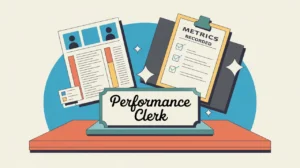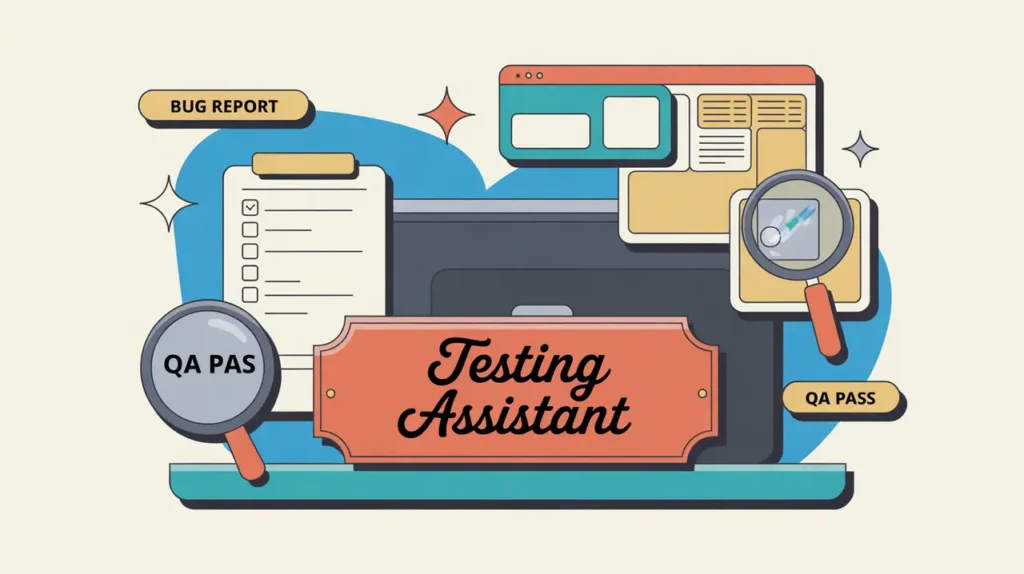What Does the Research Assistant Role Involve?
A Research Assistant is responsible for supporting the design, execution, and documentation of research activities that inform programs, strategies, and organizational learning. They assist with data collection, literature reviews, analysis, and report preparation under the guidance of senior researchers or program leads. Their work ensures that research processes are systematic, accurate, and well-documented, providing the foundation for evidence-based decision making.
In nonprofits and social enterprises, Research Assistants play a critical support role in generating knowledge that informs program design, policy advocacy, strategic planning, and impact evaluation.
At What Level does this Role Operate?
Entry Level: Research Assistants typically work under the supervision of a Research Associate, Research Manager, MEL Officer, or Program Lead. Their responsibilities focus on supporting defined research tasks, contributing to data gathering, analysis, and documentation.
Relative Employability: Research Assistant roles are widely available across nonprofits, research institutions, think tanks, universities, foundations, and development agencies. They offer a strong entry point for individuals seeking careers in research, policy, MEL, or program design.
Relative Pay Scale: Research Assistants generally occupy the lower pay bands. Their compensation reflects their support role, sitting above clerical positions but below associate and officer levels.
What are the Key Responsibilities and Activities?
- Conduct literature reviews and background research to inform program design or policy analysis
- Support data collection through surveys, interviews, focus groups, or administrative data gathering
- Clean and organize data for analysis using spreadsheets or statistical software
- Assist in drafting research briefs, reports, or presentations based on findings
- Maintain accurate documentation of research activities, including data sources and methodologies
- Coordinate logistics for research activities, including scheduling, participant outreach, and materials preparation
- Support data entry and ensure quality control of collected information
- Collaborate with research teams to meet deadlines and ensure methodological rigor
What Core Competencies and Qualifications are Needed?
Required Qualifications and Experience
The following reflect common qualifications and experience expected for this role, while recognizing that pathways may vary by context, organization, and region.
- Relevant academic background in social sciences, economics, public policy, education, or related fields
- Experience in research methods through academic work, internships, or previous roles
- Familiarity with data collection techniques and basic analysis tools (e.g., Excel, SPSS, Stata, R, or qualitative coding software)
- Strong organizational skills and attention to detail
Key Competencies
- Research literacy and understanding of basic methodologies
- Analytical thinking and ability to handle data accurately
- Clear written communication and documentation skills
- Organizational skills to manage multiple research tasks efficiently
- Ability to follow protocols and work collaboratively in teams
- Curiosity and willingness to learn and adapt to new methods and tools
How are AI and Automation Shaping this Role?
An AI-native Research Assistant can use AI tools to conduct rapid literature scans, summarize research findings, clean and structure data, and support qualitative coding. AI can automate transcription, data entry, and preliminary analysis, allowing assistants to focus on interpretation and higher-value research tasks. These tools can also help organize and link sources, improving the efficiency and accuracy of research processes.
What Career Pathways and Transferable Skills are Associated with this Role?
Research Assistants can progress to roles such as Research Associate, MEL Associate, Policy Analyst, or Program Officer. Their skills in data handling, analysis, and documentation are transferable to roles in evaluation, strategy, and program design. Over time, they may specialize in quantitative or qualitative methods, manage research projects, or lead research agendas within organizations.







